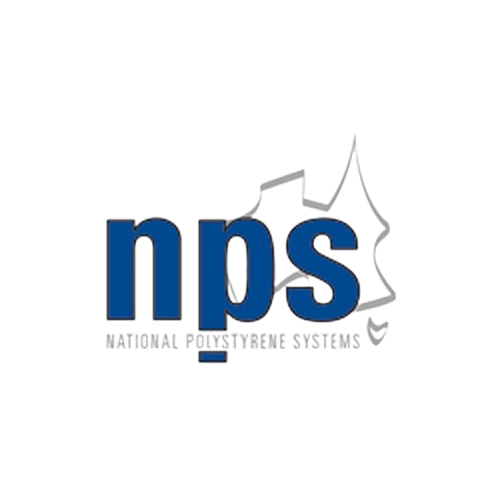-
-
Send email
salesqld@natpoly.com.au
-
Office Address
121 Ingram Road Acacia Ridge QLD 4110
Expanded Polystyrene is 100% Recyclable
Expanded polystyrene insulation has a long lifetime in buildings so there is only a limited current need to recycle this material. However, since EPS does not degrade or deteriorate, it can be recycled in several ways at the end of its useful lifetime:
- Regranulated EPS can be reused in measured quantities in the production of selected products such as waffle pods and some block applications. The quantities used are dependent on the required technical performance.
- There are several non-foam applications. Recycled EPS can be moulded into new applications such as coat hangers, flower pots, park benches or fence posts.
- EPS waste can also be reground and mixed with concrete to produce building products such as prefabricated lightweight concrete blocks. Adding EPS regrind also increases the thermal performance of these products.
Unlike the main competitive insulation materials, polystyrene is easily recycled. Not only does the EPS Industry recycle factory waste but also post-consumer packaging waste is collected and processed by arrangement.
Recycling saves money, energy and reduces the impact on the environment. EPS is not seen as waste in most European countries but as a valuable resource. EPS is the most easily recycled of all the insulating materials and therefore easy to align with the “cradle to cradle (C2C)” principle.
The EPS National Industry Group (EPSA) has established collection centres in each capital city of Australia.
EPS organisations from more than 25 countries around the world have signed the International Agreement on Re-cycling.
A process not yet commonly used in Australia is “waste to energy”. Energy recovery is usually in the form of heat from the incineration of waste. The process gives materials, which cannot be recycled economic, a genuine post-consumer use. Energy recovery is a safe and environmentally sound means of generating real environmental and economical value from EPS used for fish boxes, horticultural trays or other contaminated EPS waste.
In a modern incinerator, EPS releases most of its energy as heat, aiding the burning of municipal solid waste and emitting only carbon dioxide, water vapour and trace non-toxic ash. Pollution control equipment such as scrubbers and filters reduce pollutants released during the incineration process. EPS is safely burned at high temperatures in this process without giving off toxic or environmentally damaging fumes.
Contact NPS
-
-
Email Us
salesqld@natpoly.com.au
-
Office Hours
8:00am - 4:30pm
-


